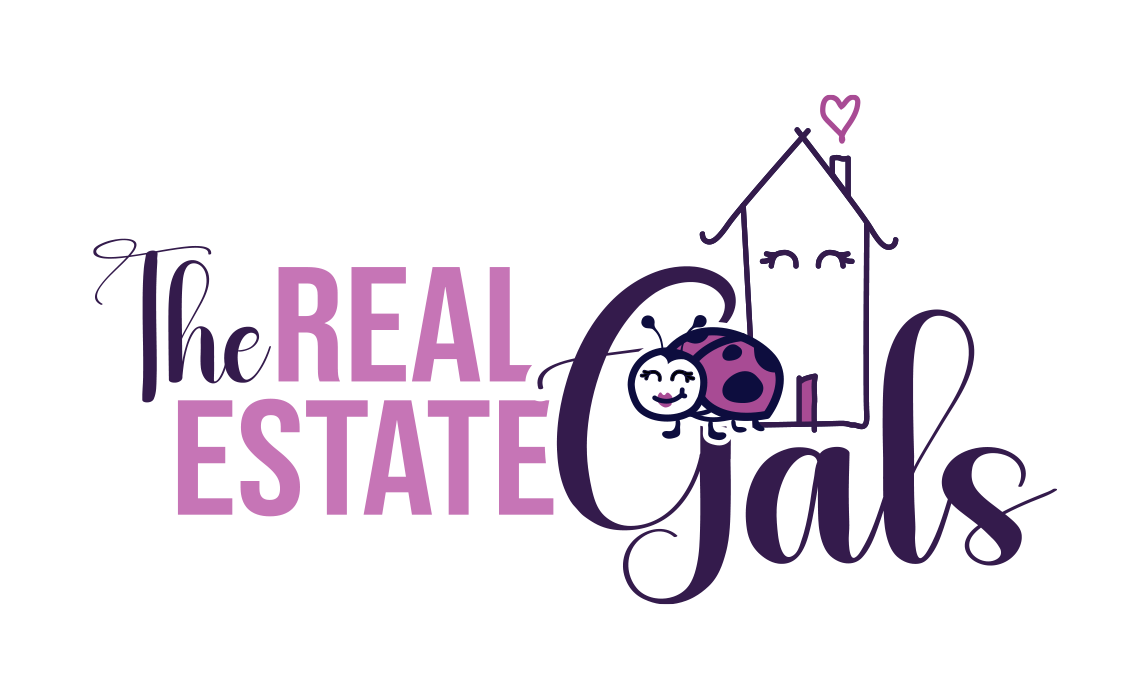The Rise of Polyamorous Families and the Impact on Property Division
I was recently introduced to an episode of 90 Day Fiancé that featured a rather unusual storyline — it was the show’s first polyamorous relationship. In it, a married American couple with two children fall in love with a woman from Mexico, who also has a daughter. As their relationship progresses, the husband and wife decide to divorce so the new partner can come to the U.S. on a K-1 visa, with the husband marrying his new bride within 90 days.
Watching this made me stop and think: what would the laws and rules look like in a situation like this? Would the new bride gain access to the home’s equity if the relationship fell apart? Would the original ex-wife risk losing her share of equity by stepping aside? Should a separation agreement be in place to protect her rights? And what about prenups or cohabitation agreements for the new couple? Then there are other layers—health insurance, pensions, estate rights… yikes, the complexities are endless!
What happens when love, law, and logistics collide?
Polyamorous relationships – where more than two adults have intimate, committed relationships together – are
increasingly visible in Canada. However, the legal system, especially around property division when such relationships dissolve, is still catching up.
While polyamorous relationships can involve any number of people, let’s look at the implications of a relationship breakdown through the lens of three adults living together in a jointly owned home.
Polyamory vs. Polygamy in Canada
First, Canadian law distinguishes polyamory (multiple consensual relationships) from polygamy (multiple legal marriages). Polyamory is legal; polygamy is not. This distinction matters for property rights, as only legally married spouses receive explicit protections under the Family Law Act.
Property Division Basics: Married vs. Cohabiting Couples
Ontario’s Family Law Act treats married and cohabiting partners differently:
- Married spouses: On separation, both are entitled to equalize the value of property accumulated during the marriage. The rule includes a special provision for the “matrimonial home,” which cannot be sold without the consent of both spouses, regardless of whose name is on the title.
- Unmarried (common-law) partners: Cohabitants must rely on ownership as documented (i.e., on title) or make a legal claim based on “unjust enrichment” if their contribution is not reflected on title. Cohabitants do not have an automatic right to property division when relationships end unless a cohabitation agreement exists.
Scenario 1: One Person Leaves (Three People Cohabitating and Jointly Own Home)
If all three adults jointly own the home and only one wishes to leave:
- The person leaving may sell or force the sale of their interest under Ontario's Partition Act, even if the other two wish to stay. The home may end up being sold unless the remaining owners buy out the departing owner's share.
- Without a cohabitation agreement, any disputes over contributions or “sweat equity” may end up in court and be decided based on equitable principles, such as unjust enrichment.
- There are no automatic rights to spousal support or equalization unless relationships fall under the legal definition of “spouse” per Ontario law (at least two years living together in a marriage-like relationship).
Scenario 2: All Three Separate
If all three jointly own the home and all separate:
- The property is typically sold, and the proceeds are divided according to the percentage ownership on the title, unless another agreement exists.
- Disputes over unequal contributions can go to court, potentially resulting in monetary awards or constructive trust arrangements, but only if a party proves unjust enrichment.
Scenario 3: Two Are Legally Married, Third is Cohabitant
Suppose two are legally married, and all three live together:
- The married couple receives special protections under the Family Law Act for the matrimonial home, meaning neither can be removed from or excluded from the home without a court order, and both retain the right to equalize the value of assets accumulated during marriage.
- The third (unmarried) partner only has rights if they are named on title or can make an equitable claim. If not on title, they must prove unjust enrichment if they contributed financially or through work towards the home.
- If all three are on title but only two are married, the division still defaults to percentage ownership unless unjust enrichment is proven or a court orders otherwise.
Scenario 4: All Three Are Cohabitating, None Married
If none are married:
- Division is governed by who is named on title. There is no automatic division of assets under the Family Law Act. The cohabitant must prove unjust enrichment for any claim beyond their ownership percentage.
- A cohabitation agreement signed by all three can set out rights and division upon dissolution, providing clarity and reducing legal uncertainty.
The Importance of Agreements
Spelling out commitments in a cohabitation agreement (for those not married) or a marriage contract (for spouses) is recommended. These written documents can clarify property ownership, division on breakup, and financial obligations. Without these, the default is the title and the court system for contested claims.
"Ontario's legislated property division regime is limited to married spouses only. The act of cohabiting, unlike getting married, does not entitle one person to a share of the other’s property." ~
MacDonald & Partners LLP
Key Takeaways
- Marriage is a legal partnership: Married couples have specific and automatic property rights under the Family Law Act, especially regarding the matrimonial home.
- Cohabitants need agreements: Cohabiting polyamorous partners should draft a cohabitation agreement to outline property rights, as the law does not provide automatic protections.
- Joint ownership is powerful: Anyone on title can force the sale under Ontario law, so ownership percentages matter greatly.
- Unjust enrichment is complex: For those not on title, legal claims rely on proving they contributed more than their share, and litigation can be costly and uncertain.
Let’s face it, polyamorous relationships push hard against legal systems designed for two. When love, law, and logistics collide, things can get messy fast - especially when property, equity, or family security are involved.
If you ever find yourself in a similar situation, don’t leave it to chance. Consult a lawyer, put clear agreements in writing, and protect everyone’s interests. Love may be the starting point, but planning is what ensures stability if circumstances change.
The information provided on this website does not, and is not intended to, constitute legal advice; instead, all information, content, and materials available on this site are for general informational purposes only. Views expressed are my own. Please consult a lawyer for advice on legal matters.


